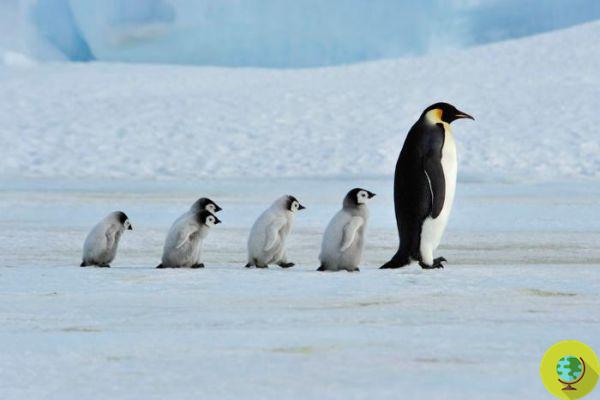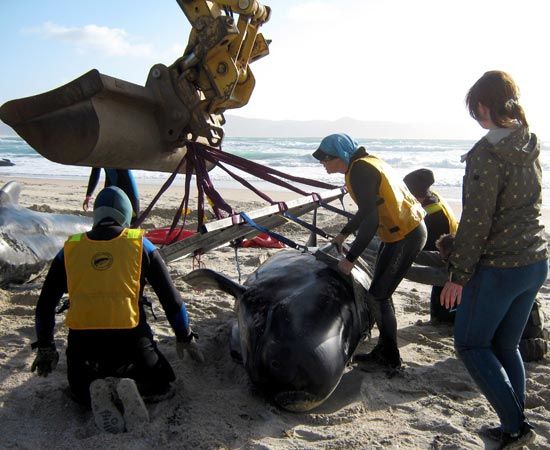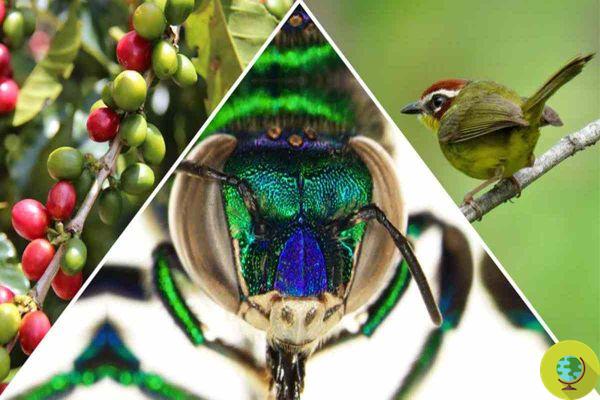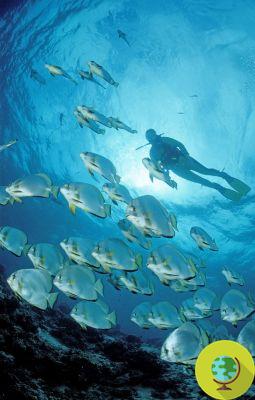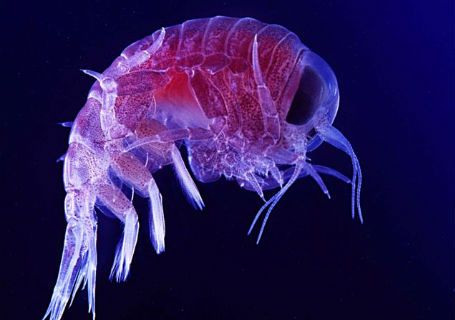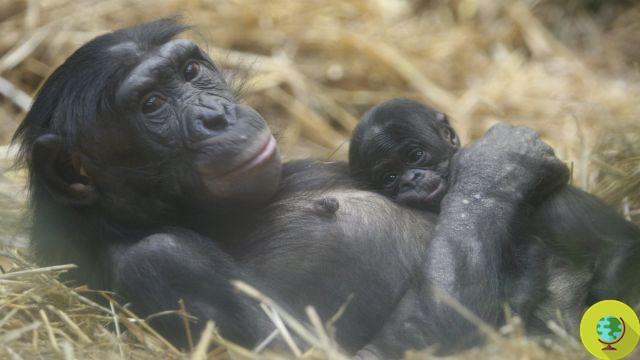
Most coral reefs in the Caribbean will disappear within the next 20 years if no action is taken to protect them, largely due to the decline of herbivores such as sea urchins and parrotfish. This is what emerges from a new report jointly conducted by the Global Coral Reef Monitoring Network (GCRMN), International Union for Conservation of Nature (IUCN) and UNEP.
He is about to end up run over, his mother saves him
Most coral reefs in the Caribbean they will disappear within the next 20 years if no action is taken to protect them, mainly due to the decline of herbivores such as sea urchins and parrotfish. This is what emerges from a new report condotto congiuntamente da Global Coral Reef Monitoring Network (GCRMN), International Union for Conservation of Nature (IUCN) e UNEP.
The report, ‘Status and Trends of Caribbean Coral Reefs 1970-2012’, is the most detailed and comprehensive study of its kind published to date: it is the result of the work of 90 experts over the course of three years and contains the analysis of more than 35.000 surveys conducted in 90 Caribbean locations since 1970, including studies on corals, algae, sea urchins and fish.
The results show that i corals of the Caribbean have decreased by more than 50% since 1970. But according to the authors, replenish parrot fish populations and improving other management strategies, such as protection from overexploitation and excessive coastal pollution, could help the reef recover and become more resilient to future impacts of the climate change.
"The rate at which coral in the Caribbean is declining is truly alarming - explains Carl Gustaf Lundin, director of the Global Marine and Polar Program of the IUCN -. But this study brings some very encouraging news: the fate of Caribbean corals is not beyond our control and there are some very concrete steps we can take to help them recover. "
Climate change has long been thought to be the main culprit in coral degradation. It certainly remains a serious threat, making oceans more acidic and causing coral bleaching, but the report also shows that loss of parrotfish and sea urchins - two main herbivores in the area - has been a key factor in this sad decline.
An unidentified disease led to one mass mortality the sea urchin in 1983 and extreme fishing throughout the 20th century brought the parrotfish population to the brink of extinction in some regions. The loss of these species disrupts the delicate balance of coral ecosystems and allows the algae, which they feed on, to suffocate the coral reefs.
Roberta Ragni
Read also:
The coral reef defends itself against climate change by producing clouds
The reef has halved in just 27 years
Crochet: Crochet coral reefs to combat bleaching







